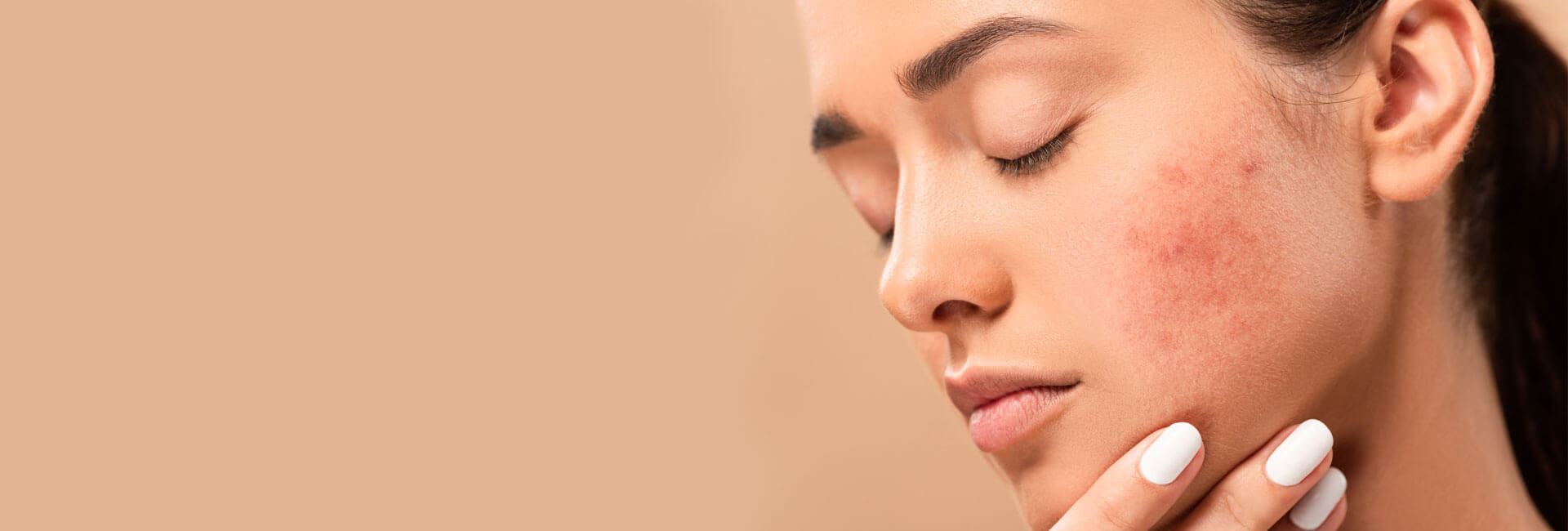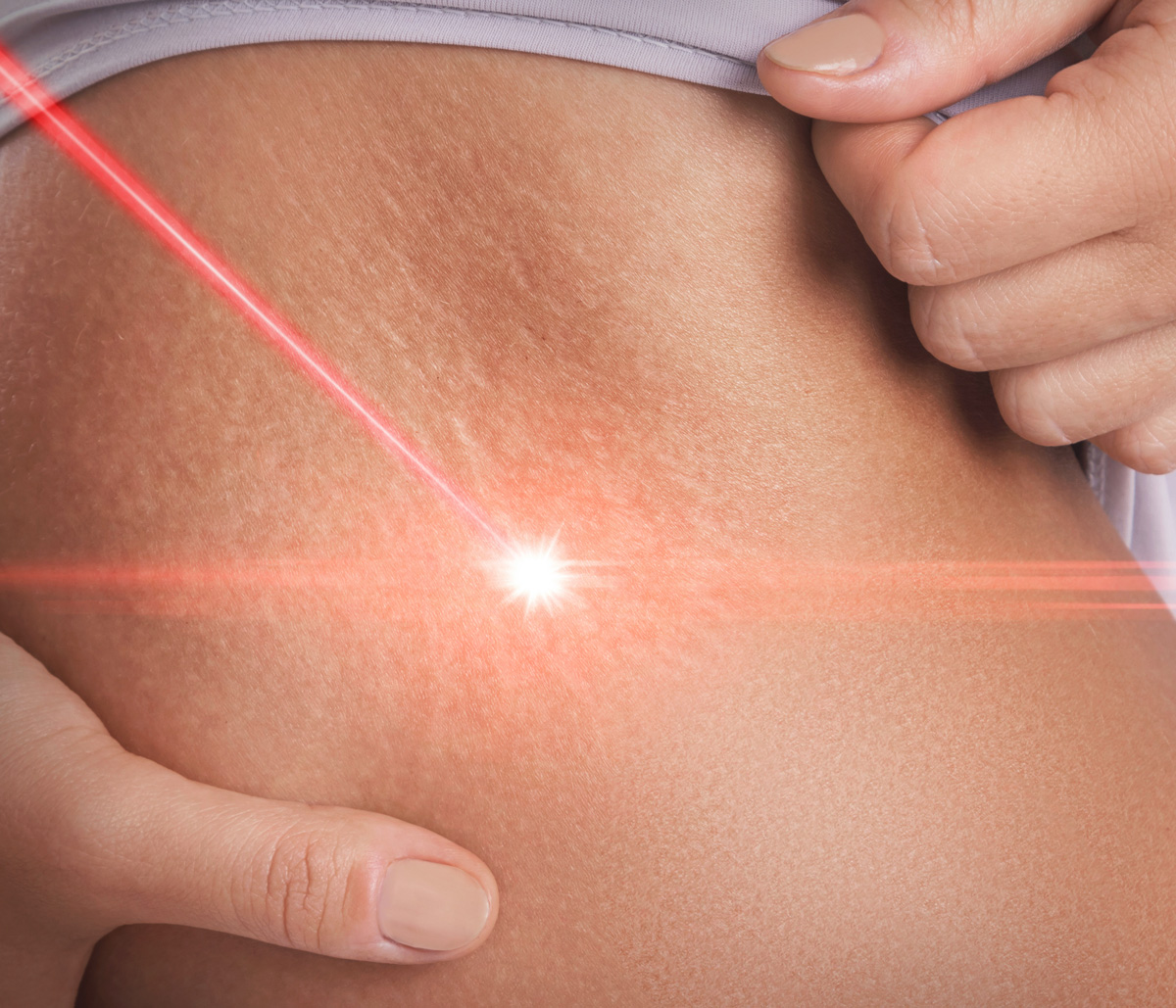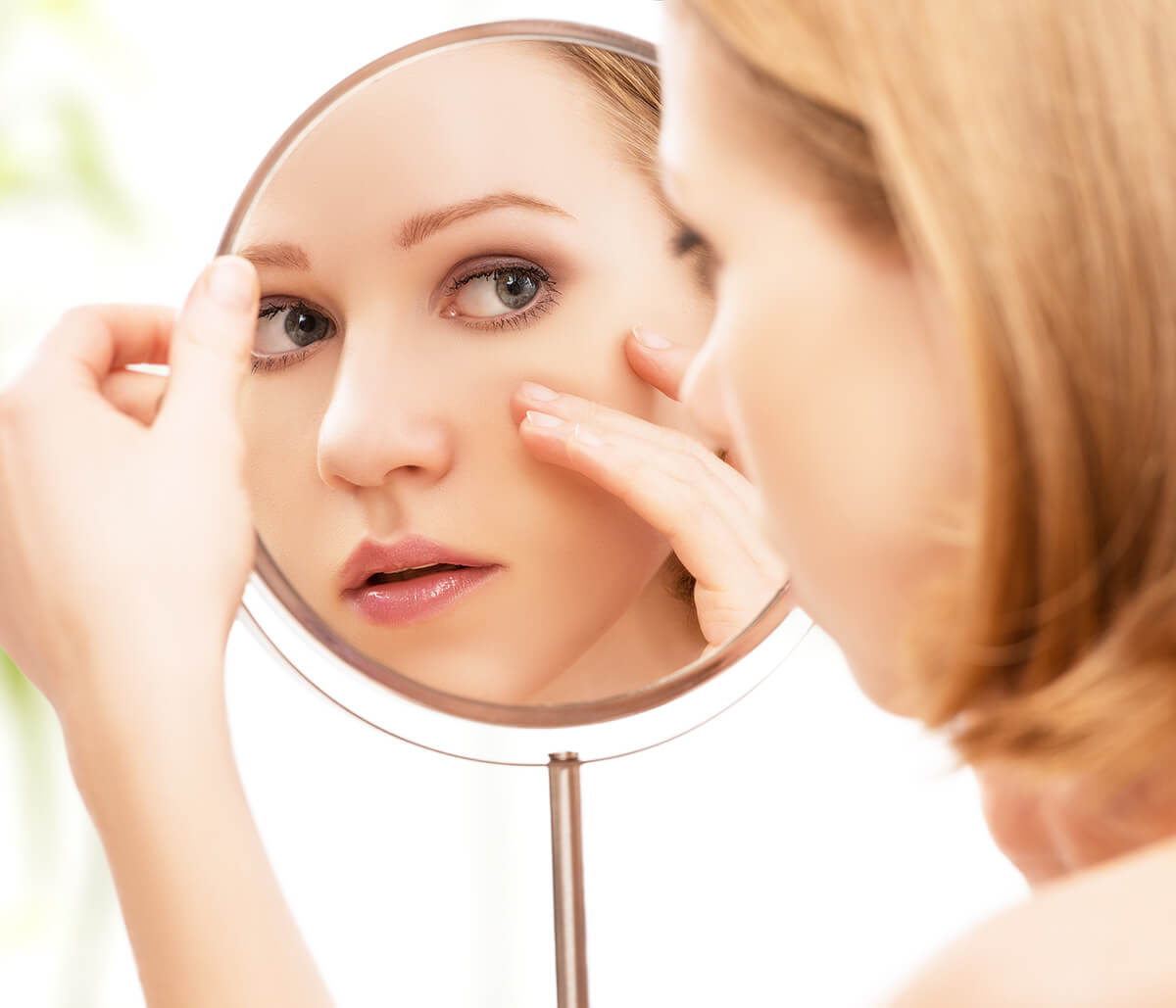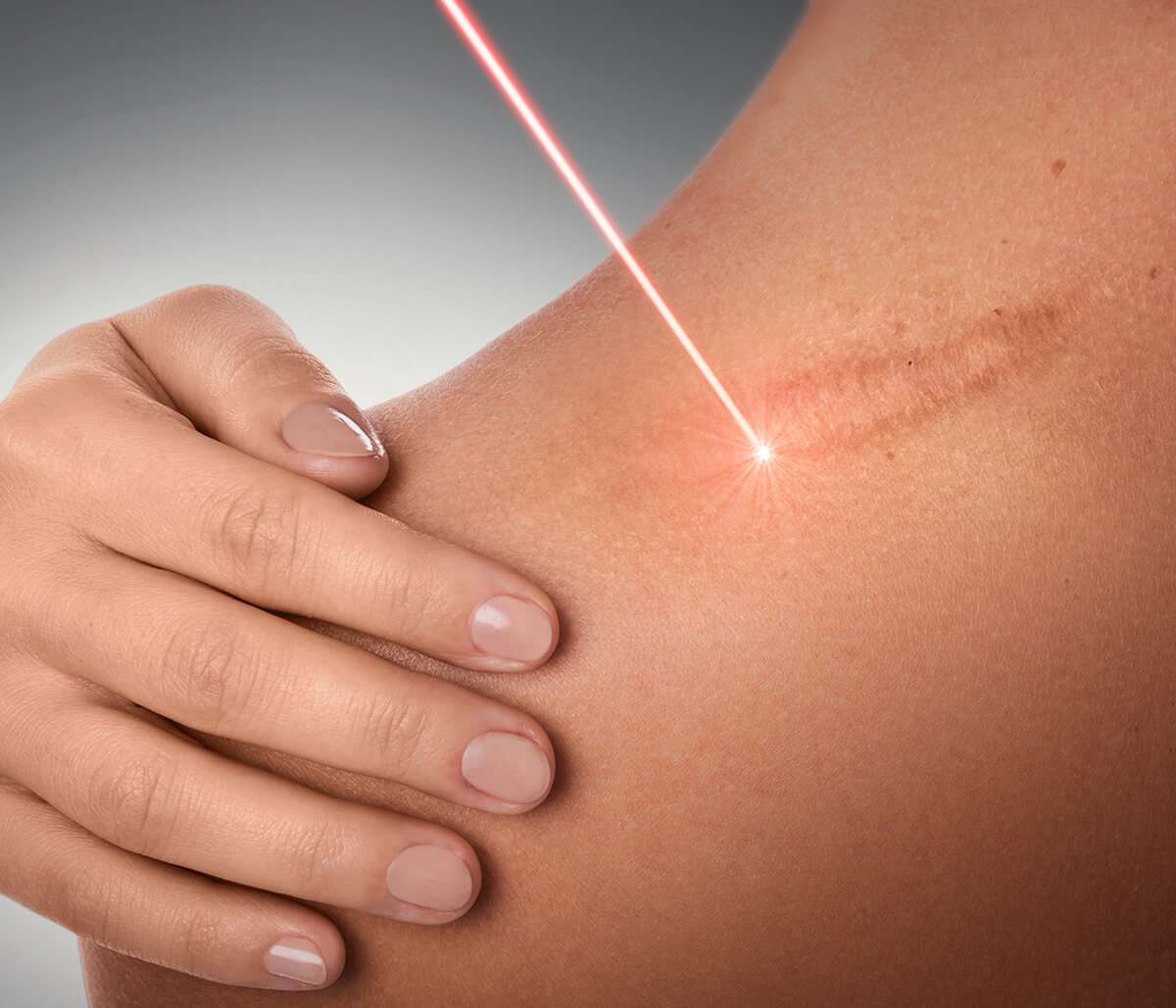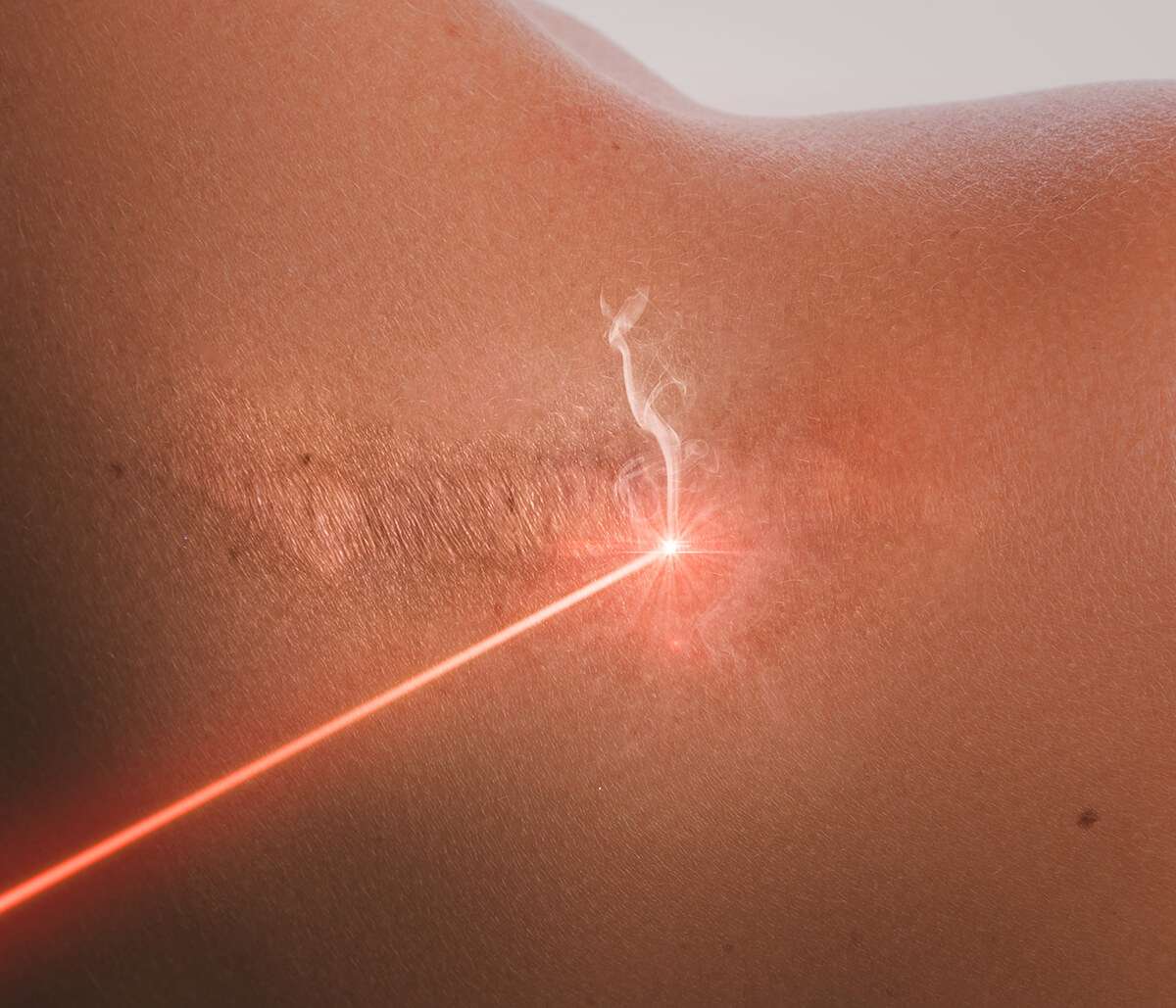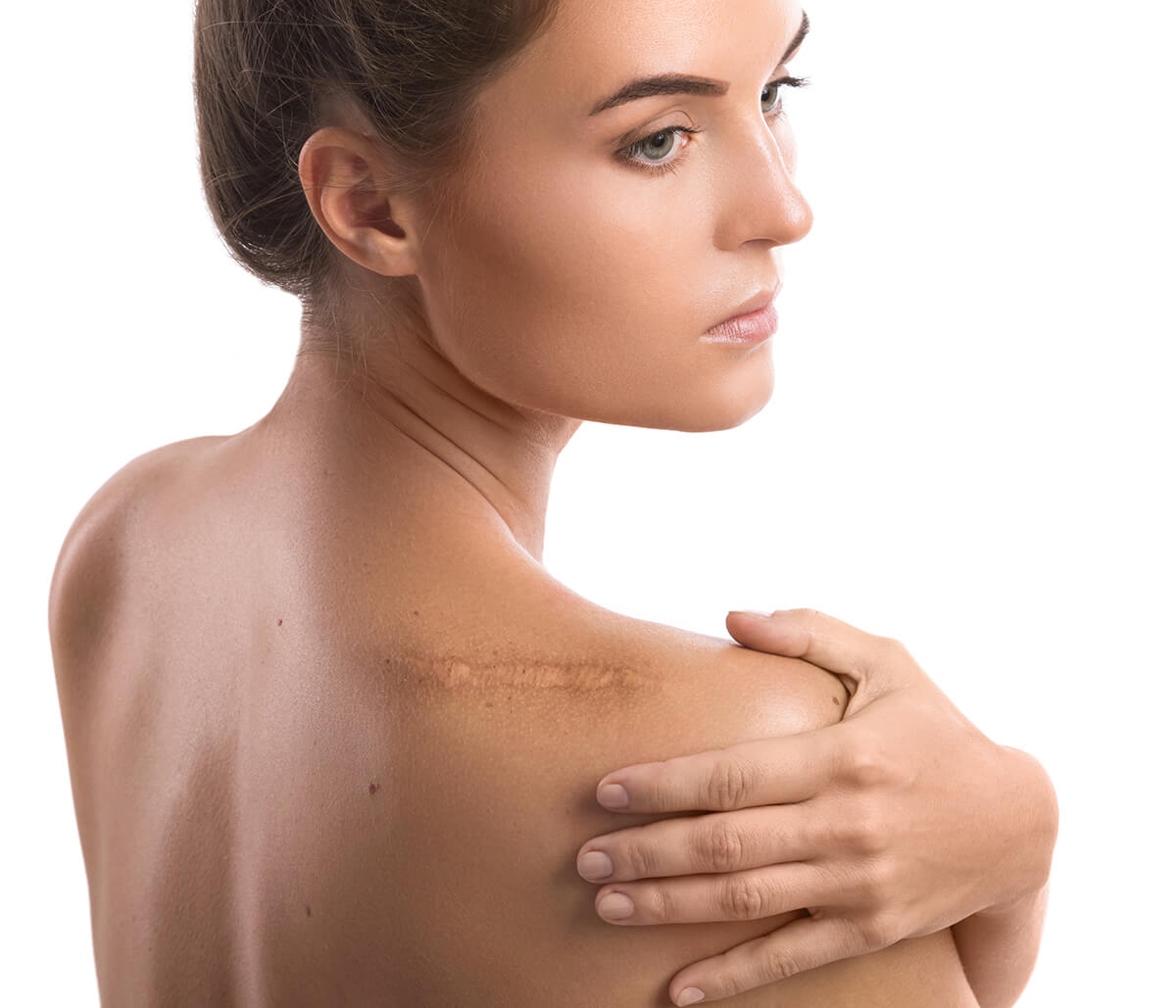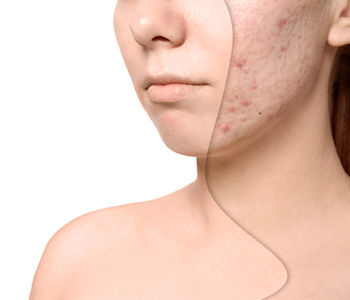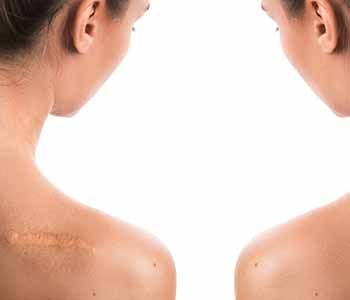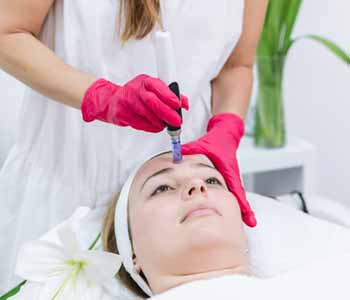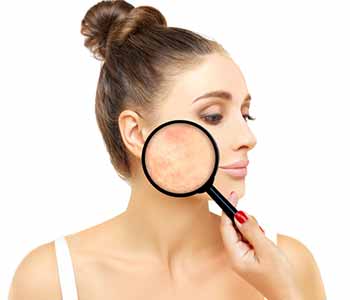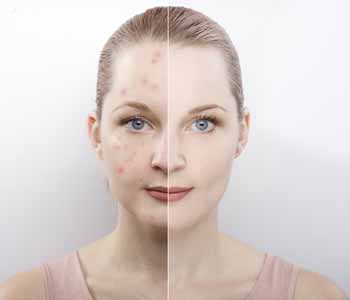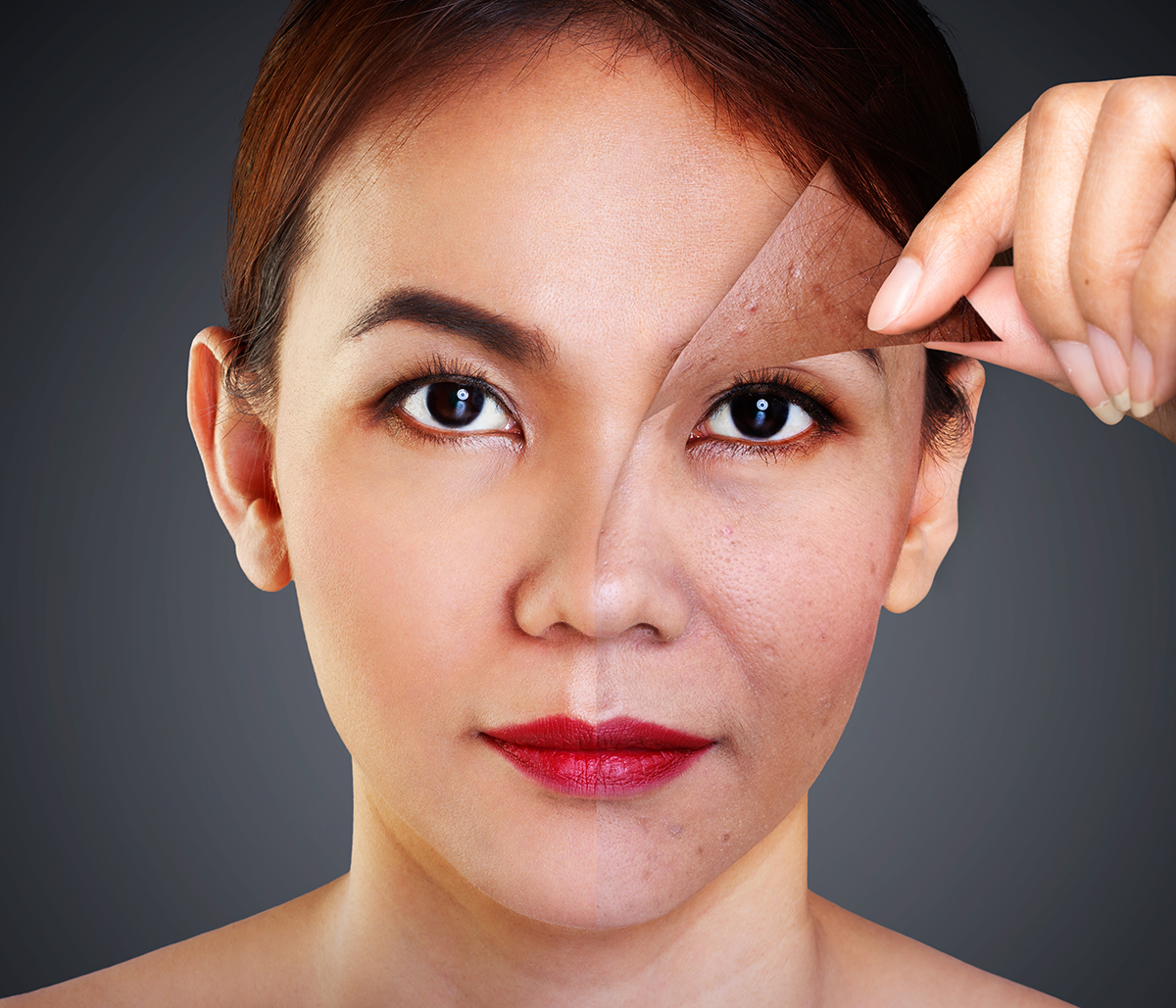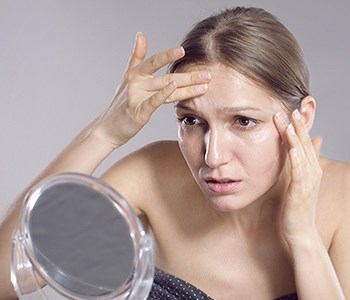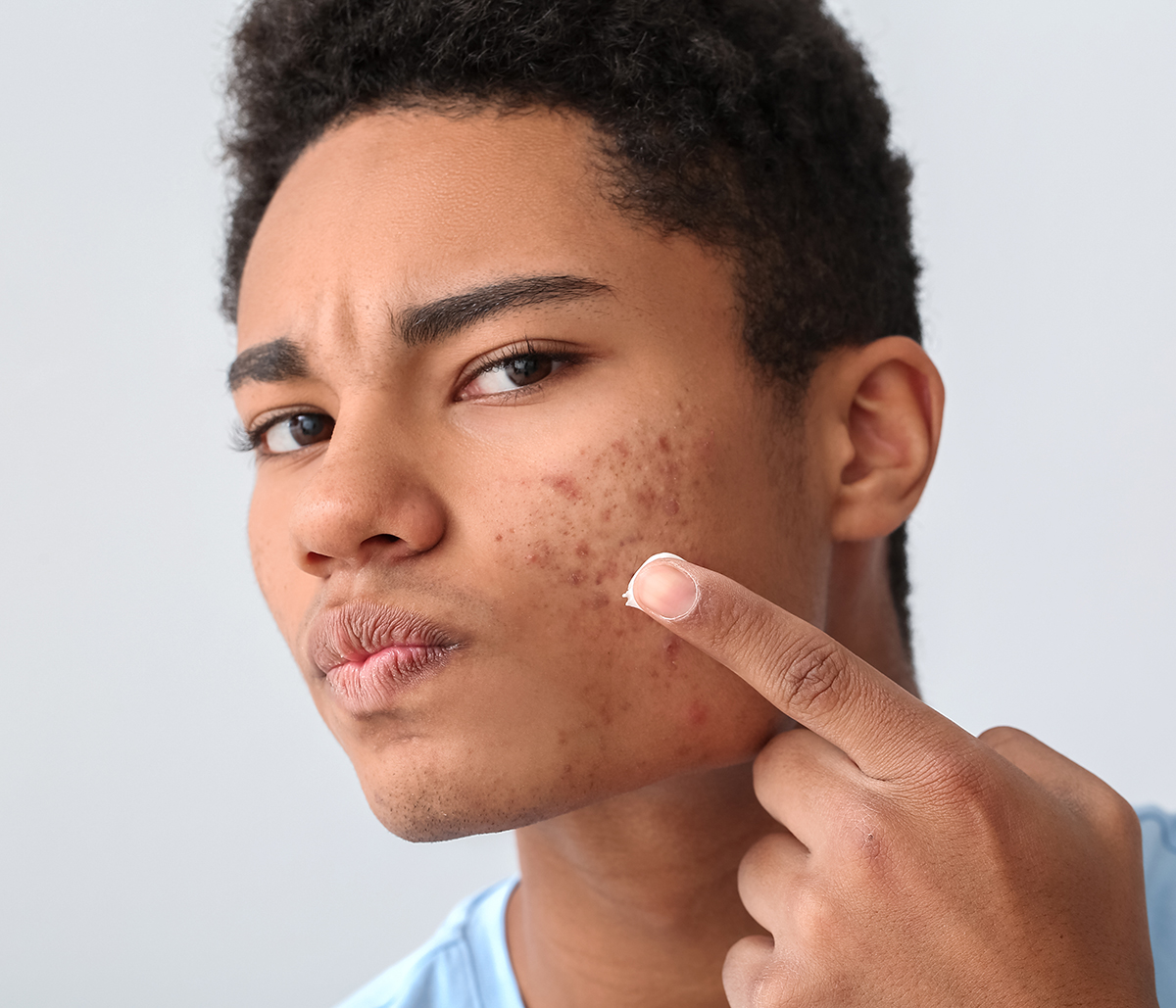Learn more about scar treatment from a skilled dermatologist
Scars on the body are common, especially as we age and our skin becomes more susceptible to damage and takes longer to repair. Scarring can be anything from acne scars on the face to stretch marks on the body from significant weight gain or body changes from pregnancy. At the Center for Dermatology and Dermatologic Surgery, we can evaluate your scars and talk to you about appropriate treatment options available at the two office locations in Washington, DC, and Annapolis, Maryland. Let’s learn more about scars and what can be done to treat them with our Board-Certified dermatologist, Dr. Cheryl Burgess.
What is a scar?
A scar is a mark or discoloration left on the skin following an injury or healed wound. Scars form when the body repairs itself by producing new collagen fibers, eventually replacing damaged tissue. Some may be raised and feel bumpy, while others may be sunken in or even with the rest of the skin.
How are scars treated?
There are several different treatments that might be considered for patients with scars. Some options include topical medications, microdermabrasion, dermal filler injections, surgical excision, or injections. Cosmetic surgery might also be used to remove certain types of scars, such as keloid scars.
What is the recovery time for scar treatment?
The recovery time needed to clear a scar will vary depending on the specific type of treatment chosen and the severity of the scar being treated.

Scar revision treatment at Center for Dermatology and Dermatologic Surgery explained by Dr. Cheryl Burgess
What is scar revision?
Scar revision is a technique or multiple techniques that we use to make a scar look better. So, we re-size the scar, use laser treatment or other modalities to modify the scar.
Can the scar revision treatment remove a scar 100%?
It cannot make your skin look like there was never a scar there. That is impossible. We can make it look 99.9% close, but it is never 100%.
What are the types of scars, which can be treated?
Typically in dermatology, we see a lot of acne scars from chronic or cystic acne. Depressed, ice pick or box scars are often common in people who have had inflammatory acne.
We also see scars from elective or necessary surgeries, scars from birth injuries or accidents. So, there are lots of reasons why people develop scars.
Are there risks and complications with scar treatment?
The type of scar treatment chosen will determine the risks and complications. Certain complications may arise from topical medications, while treatments such as red light therapy do not have any risks or complications. You may want to consider changes that may occur if combining treatments, which can be monitored over time with our team of professionals.
How do I learn more?
Ready to discuss your options for scar treatment with a Board-Certified dermatologist in Washington, DC, and Annapolis, Maryland? Connect with Dr. Cheryl Burgess and her team at the Center for Dermatology and Dermatologic Surgery.
Patients can schedule an appointment at the Annapolis office by calling (202) 955-5757 or the Washington office at (410) 224-1195 .
FAQ’s – Scar treatment
The idea behind scar revision is to reduce or even eliminate scarring on the skin. These scars can be anywhere on the face or body. With our team, we can make recommendations regarding the best treatment based on the type of scar present.
Ideally, patients with scars and other complications of the skin should visit a Board-Certified dermatologist like Dr. Cheryl Burgess and her team to discuss the type of scar present and the best treatment option. Scarring can be addressed with anything from dermal filler injections to skin resurfacing techniques.
Working with a professional is the best way to ensure the most effective results from scar reduction or removal treatment. Many patients with scars can achieve the changes they desire with the help of our team.
Real Patients Real Results Before and After Results of Our Patients
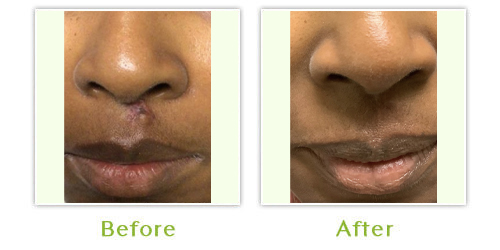
Aerolase treatment of traumatic scar


